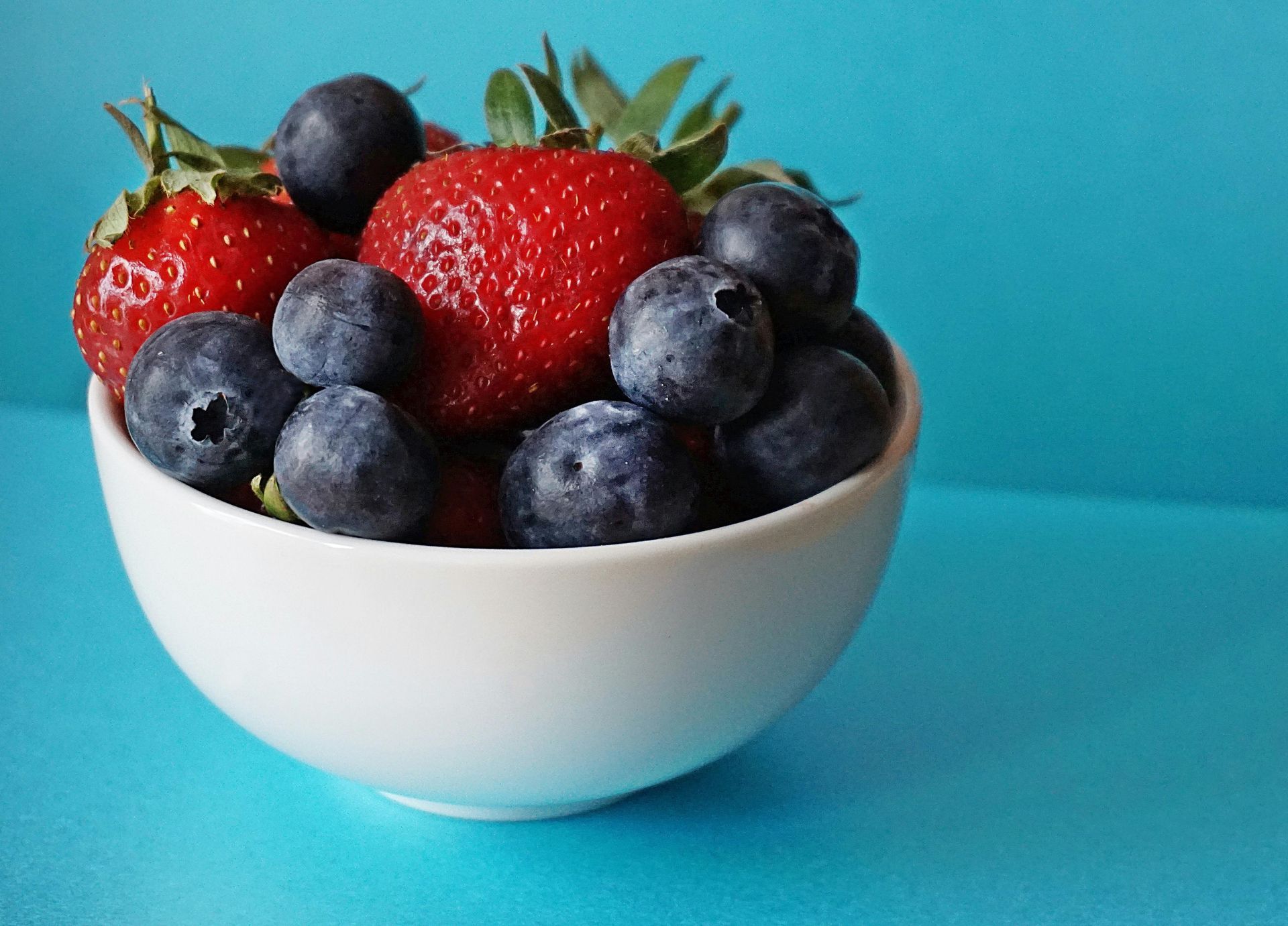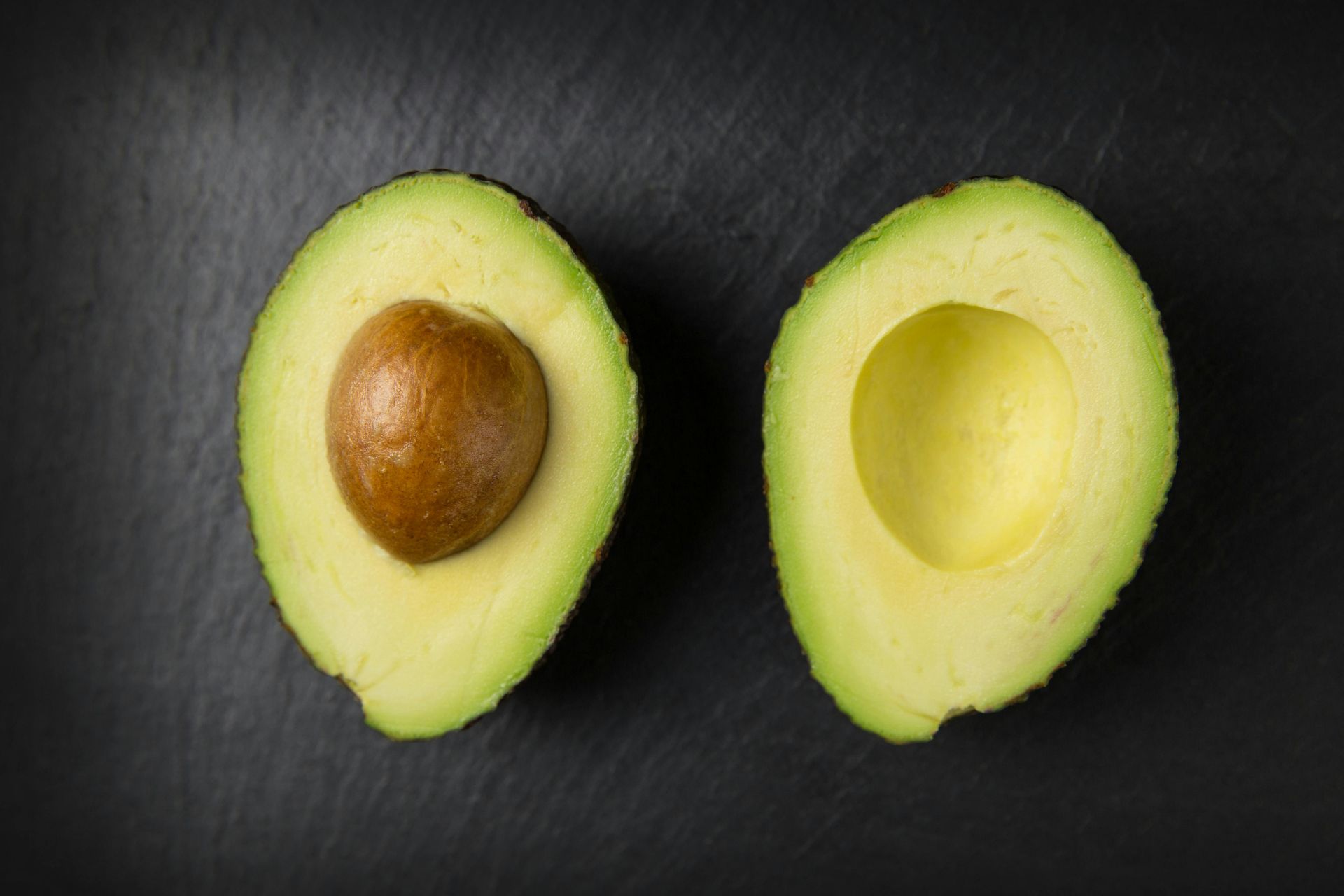The Gut-Immune-Brain Axis
Why Healthy Immunity and Mood Start in Your Gut

What if I told you that your daily mood, energy, and even your resilience to stress are being shaped by trillions of tiny organisms living in your gut? It may sound surprising, but the bacteria in your intestines are in constant communication with your brain—affecting anxiety, focus, memory, and overall mental well-being.
As a physician trained longevity medicine, I’ve seen firsthand how addressing gut health can transform both physical and emotional wellness. The emerging research on what’s called the gut-immune-brain axis is changing the way we understand mental health, immunity, and chronic disease.
The Gut-Immune-Brain Axis: More Than Digestion
For years, people thought the gut-brain connection was simply about food affecting mood. But now we know it’s primarily an immune story. Your gut microbes produce chemical messengers, metabolites, and signals that directly influence immune cells and the brain’s own immune system. This means your microbiome doesn’t just support digestion—it helps regulate inflammation, brain activity, and even how you respond to stress.
Five Ways Your Gut Talks to Your Brain:
- Immune Gateways and Inflammation:
Your gut can trigger immune messengers like cytokines (IL-1β, IL-6, TNF-α), which travel through special gateways to influence brain inflammation. This is why reducing gut inflammation—by eating more fiber, whole foods, and fermented foods—can directly support mental clarity and mood. - Short-Chain Fatty Acids (SCFAs): Brain Fuel:
When good bacteria digest fiber, they produce SCFAs such as butyrate, which strengthen the blood-brain barrier, calm inflammation, and even support stress resilience. This is one reason I encourage my patients to aim for at least 35–45 grams of diverse fiber daily. - Tryptophan Balance: Serotonin vs. Stress Chemistry:
Tryptophan, an amino acid from protein, can become “feel-good” serotonin—or, if inflammation is high, it diverts into pathways that can fuel anxiety and low mood. Healthy gut bacteria can shift this balance toward serotonin and calming compounds, while inflammation pushes it toward stress chemistry. - Bile Acids as Brain Messengers:
Gut bacteria transform bile acids (normally used for digesting fat) into compounds that also affect brain immune cells. Early studies suggest this may play a role in memory, pain sensitivity, and even protection against neurodegenerative disease. - The Vagus Nerve: Your Gut-Brain Highway:
The vagus nerve is like a two-way text line between your gut and brain. Strong vagal tone helps regulate inflammation and mood. Practices like deep breathing, meditation, and even singing can improve vagal tone, strengthening this anti-inflammatory reflex.
What the Latest Research Shows
- Probiotics and Mood: A 2025 study found that a 4-week probiotic regimen reduced daily negative moods in healthy adults.
- Stress Protection: Certain probiotic strains like Lactobacillus rhamnosus helped stabilize the microbiome during high-stress periods and lowered anxiety.
- Fermented Foods Win: Stanford researchers showed fermented foods (like sauerkraut, kimchi, kefir) increased microbiome diversity and lowered inflammatory markers more effectively than fiber alone.
Bringing It All Together
At Designed4Wellness, I often remind patients: your gut is the gateway to your immune health, your mood, and even your long-term brain function. This is why a personalized nutrition plan, targeted probiotics, and lifestyle strategies are so powerful.
Practical Takeaways:
- Eat a wide variety of fiber-rich plants daily.
- Add fermented foods like kimchi, kefir, or sauerkraut.
- Prioritize sleep, stress management, and mindful breathing to support vagal tone.
- Consider a tailored psychobiotic or probiotic protocol under a longevity physician’s guidance.
When we care for the microbiome, we’re not just protecting digestion—we’re building resilience, clarity, and vitality from the inside out.
🩺 Designed4Wellness Tip Box: 3 Steps to Support Your Gut-Immune-Brain Health
- Build Up to 40g of Fiber Daily:
Fiber feeds your good gut bacteria and fuels brain-supporting metabolites. Work toward 40 grams per day, but increase slowly to prevent bloating or discomfort. Rotate sources like beans, lentils, leafy greens, oats, chia, flax, apples, and pears. - Add One Fermented Food Daily:
Choose safe, proven options like sauerkraut, kimchi, kefir, or miso. Just a few tablespoons (or sips for kefir) daily can improve microbiome diversity and reduce inflammation. - Strengthen Your Gut-Brain Highway:
Support vagal tone with 5 minutes of slow, deep breathing before bed, after meals, or during stressful moments. Singing, humming, or gentle yoga can also boost gut-brain communication.
✨ Consistency is key—small daily practices build long-term resilience in your gut, immune system, and brain.



